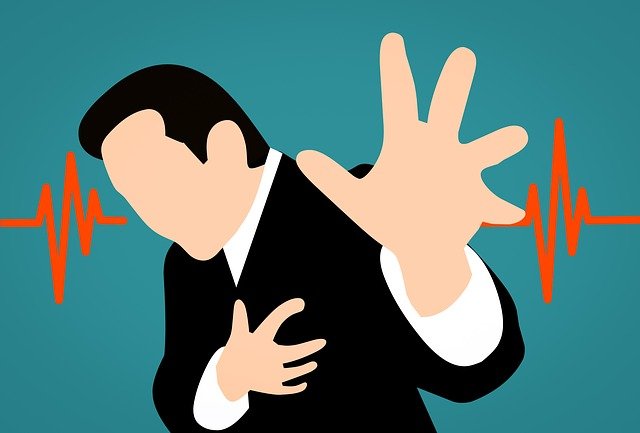
Stress can be caused by financial woes, work pressures, relationship issues, illness or even natural disasters or health crises like the emerging coronavirus.
In a new study, researchers found that for some people who survive a heart attack, it seems mental stress—as opposed to physical stress—may be a stronger predictor of a repeat heart attack or dying from heart disease.
The research was conducted by a team at Emory University.
Traditional stress tests, in which someone exercises on a treadmill or takes a medicine that makes the heart beat faster and harder as if the person was actually exercising, have long been used to check blood flow to the heart and gauge the risk of heart problems.
in the study, the team sought to test whether myocardial ischemia—when blood flow to the heart is reduced such that the heart muscle doesn’t get enough oxygen—induced by mental stress was linked to poor outcomes among heart attack survivors.
They also wanted to know how this type of stress testing compares with conventional stress brought on by exercise.
They found among more than 300 young and middle-aged individuals enrolled in the study, those who endured myocardial ischemia with mental stress had a two-fold higher likelihood of having another heart attack or dying from heart disease compared with those who did not have cardiac ischemia induced by mental stress.
The team says there is a reduction in blood flow to the heart during acute psychological stress. Such a reduction in blood flow, when it occurs in real life, could trigger a heart attack or serious heart rhythm problems.
These findings point to the important effect that psychological stress can have on the heart and on the prognosis of patients with heart disease.
It gives people tangible proof of how psychological stress, which is not specifically addressed in current clinical guidelines, can actually affect outcomes.
The team added that taking into account patients’ psychological stress may help clinicians better evaluate the risk of recurrent heart attacks or death seen in some patients surviving a heart attack.
These results also underscore the need for strategies to identify the best stress management interventions for these patients.
The lead author of the study is Viola Vaccarino, MD, Ph.D., Wilton Looney Professor of Cardiovascular Research.
The study was presented at the American College of Cardiology’s Annual Scientific Session Together with the World Congress of Cardiology.
Copyright © 2020 Knowridge Science Report. All rights reserved.



